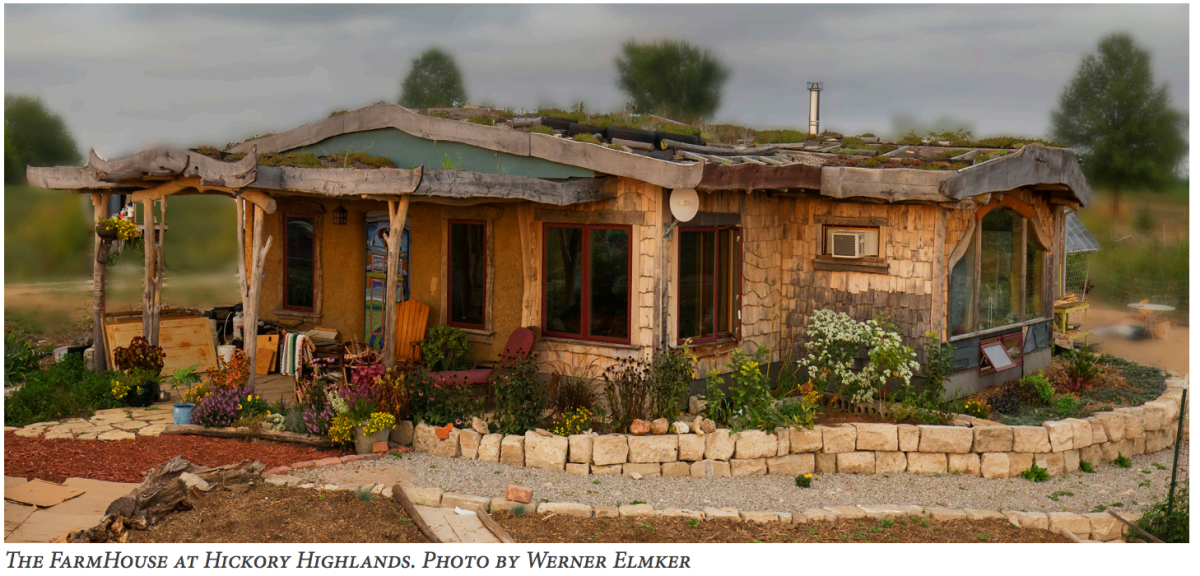If you’re considering off-grid living, Iowa might just be the perfect place for you. With its low cost of living and affordable land, living off the grid in the heartland can offer a unique and sustainable lifestyle. Iowa’s agricultural industry, known for its corn and soybean production, provides plenty of opportunities for self-sufficiency. However, it’s not all sunshine and daisies. From potential zoning restrictions to the occasional winter weather challenges, this guide will equip you with the necessary information to navigate the ins and outs of off-grid living in Iowa. So get ready to embrace the tranquility and self-sustainability that the heartland has to offer.
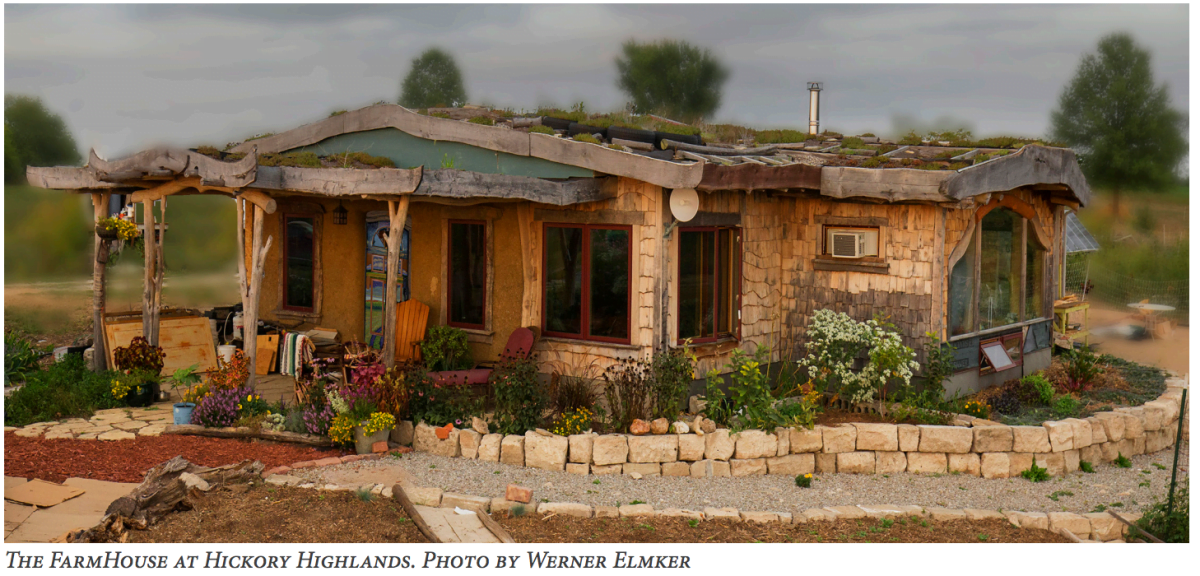
Iowa: The Heartland and Off-Grid Living
An Introduction to Living off the Grid in Iowa
Welcome to Iowa, the heartland of America! If you’re considering living off the grid, Iowa is a state worth exploring. With its vast open spaces, friendly communities, and affordable land, Iowa offers a unique opportunity for those seeking a more sustainable and self-sufficient lifestyle.
Similarities to Nebraska and South Dakota
Iowa, Nebraska, and South Dakota share many similarities when it comes to off-grid living. These three states, located in the center of the country, provide ample opportunities for individuals and families looking to disconnect from the grid and embrace a simpler way of life.
Legal Considerations for Off-Grid Living in Iowa
Fortunately, living off the grid is generally permitted by law in Iowa. However, it’s essential to be aware of any restrictions that may be imposed by sewer regulations and zoning laws. These regulations vary from county to county, so it’s crucial to research and understand the specific requirements in your desired area of Iowa.
Restrictions on Sewer Regulations and Zoning Laws
When it comes to off-grid living, one aspect that can pose a challenge is sewer regulations. Some areas may require homeowners to connect to a public sewer system, which can limit the options for off-grid living. Additionally, zoning laws may restrict where you can build and what type of structures are allowed on your property. It’s essential to familiarize yourself with these regulations to ensure that your off-grid lifestyle aligns with legal requirements.
Understanding Iowa: Population, Agriculture, and Climate
Iowa’s Population and City Distribution
Iowa has a population of approximately 3.2 million people, with most residents living in smaller cities and towns. The state’s capital, Des Moines, is the most populous city in Iowa, followed by cities such as Cedar Rapids, Davenport, and Sioux City. Choosing a location based on your preferences for community size and proximity to amenities is crucial when considering off-grid living in Iowa.
Agricultural Focus: Cornfields and Animal Feed
Iowa is known for its vast cornfields, but it’s important to note that the majority of corn grown in the state is intended for animal feed rather than human consumption. The agricultural industry, including livestock farming, plays a significant role in Iowa’s economy. If you’re considering off-grid living in Iowa, understanding the local agricultural practices can help you make informed decisions about sustaining yourself through farming or other means.
Deer and Road Accidents in Iowa
Deer are abundant in Iowa, but their presence on roadways can be a cause for concern. Unfortunately, deer-related accidents are common in the state, especially during the mating and hunting seasons. When selecting a location for your off-grid living, it’s essential to consider the proximity to deer-populated areas and take precautions to avoid accidents.
Pig Farms and Groundwater Contamination
Iowa is home to numerous pig farms, which can have implications for off-grid living. Pig farming practices can sometimes lead to groundwater contamination due to the excessive use of fertilizers and waste disposal methods. If you’re planning to rely on groundwater sources for your off-grid living, be mindful of the proximity to pig farms and consider water quality testing to ensure that your water supply is safe for consumption.
Climate in Iowa: Summers, Winters, and Humidity
Iowa experiences a continental climate with hot and humid summers and cold and humid winters. Summers bring temperatures ranging from the 80s to the low 90s Fahrenheit (high 20s to low 30s Celsius) while winters can dip below freezing, with temperatures averaging in the 20s Fahrenheit (-6 to -1 degrees Celsius). The state also receives a moderate amount of precipitation, making it important to consider climate conditions when planning your off-grid lifestyle. The need for appropriate shelter, heating, and cooling systems should be factored into your overall design and preparation.
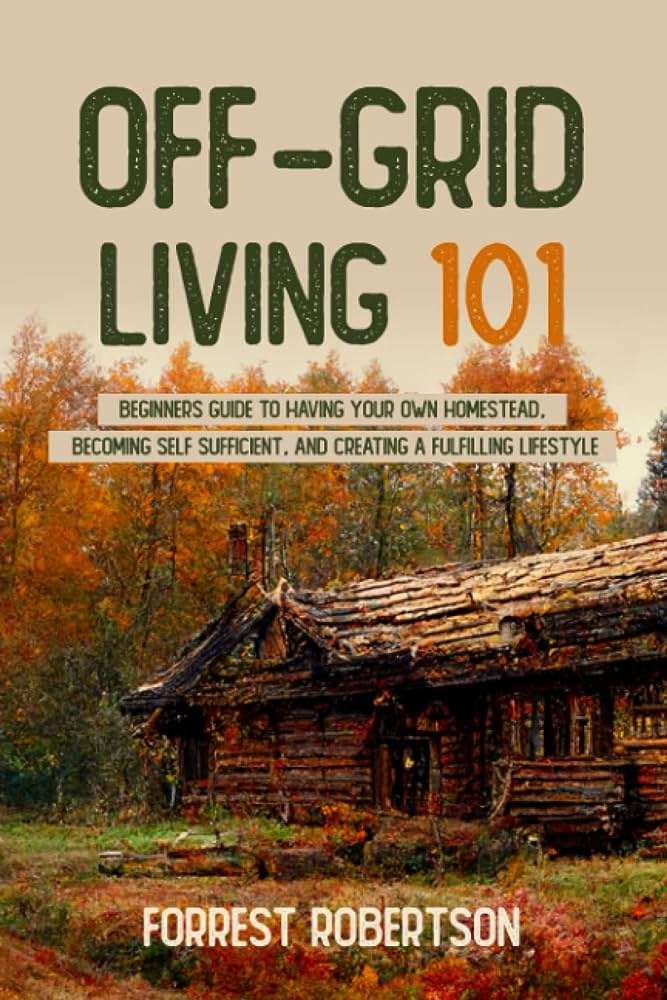
Resources and Nature in Iowa
Agricultural Industry and Production
Iowa’s agricultural industry is thriving, with corn and soybean production being amongst the highest in the nation. Many individuals interested in off-grid living find opportunities to grow their food or participate in local farmers’ markets in Iowa. Additionally, the state is also known for its production of other crops such as oats, wheat, and hay.
Freshwater Resources: Rivers and Lakes
Iowa is rich in freshwater resources, with numerous rivers and lakes scattered throughout the state. These bodies of water provide opportunities for fishing, boating, and other recreational activities. If you choose to live off the grid in Iowa, you can take advantage of these resources for irrigation, bathing, and potentially even generating hydroelectric power.
Concerns of Groundwater Contamination
While Iowa’s freshwater resources are abundant, there are concerns regarding groundwater contamination due to agricultural practices. Pesticides and fertilizers used in farming can seep into the groundwater, potentially affecting the quality and safety of well water. It is essential for individuals living off the grid to consider their water supply and take appropriate measures such as water filtration and regular testing to ensure its safety.
Wildlife in Iowa: From Deer to Wild Hogs
Iowa is home to a variety of wildlife, from deer and rabbits to raccoons, skunks, badgers, and even wild hogs. These animals can provide opportunities for hunting, foraging, or simply observing the natural beauty of the state. However, it’s crucial to understand the regulations and guidelines for hunting and managing wildlife populations to ensure a balanced ecosystem.
Sustainable Energy Options in Iowa
Tax Incentives for Solar Power Systems
Iowa offers tax incentives and rebates for individuals or businesses that install solar power systems. These incentives can help reduce the upfront costs and make solar energy a more accessible option for off-grid living. With the abundance of sunlight in Iowa, harnessing solar power can be a sustainable and cost-effective solution for powering your off-grid lifestyle.
Wind Power as an Alternative Option
In addition to solar energy, Iowa is also known for its windy conditions. Wind power is a popular renewable energy option in the state, with numerous wind farms producing electricity. Individuals interested in off-grid living can explore the possibility of setting up their wind turbines to generate clean and sustainable energy.
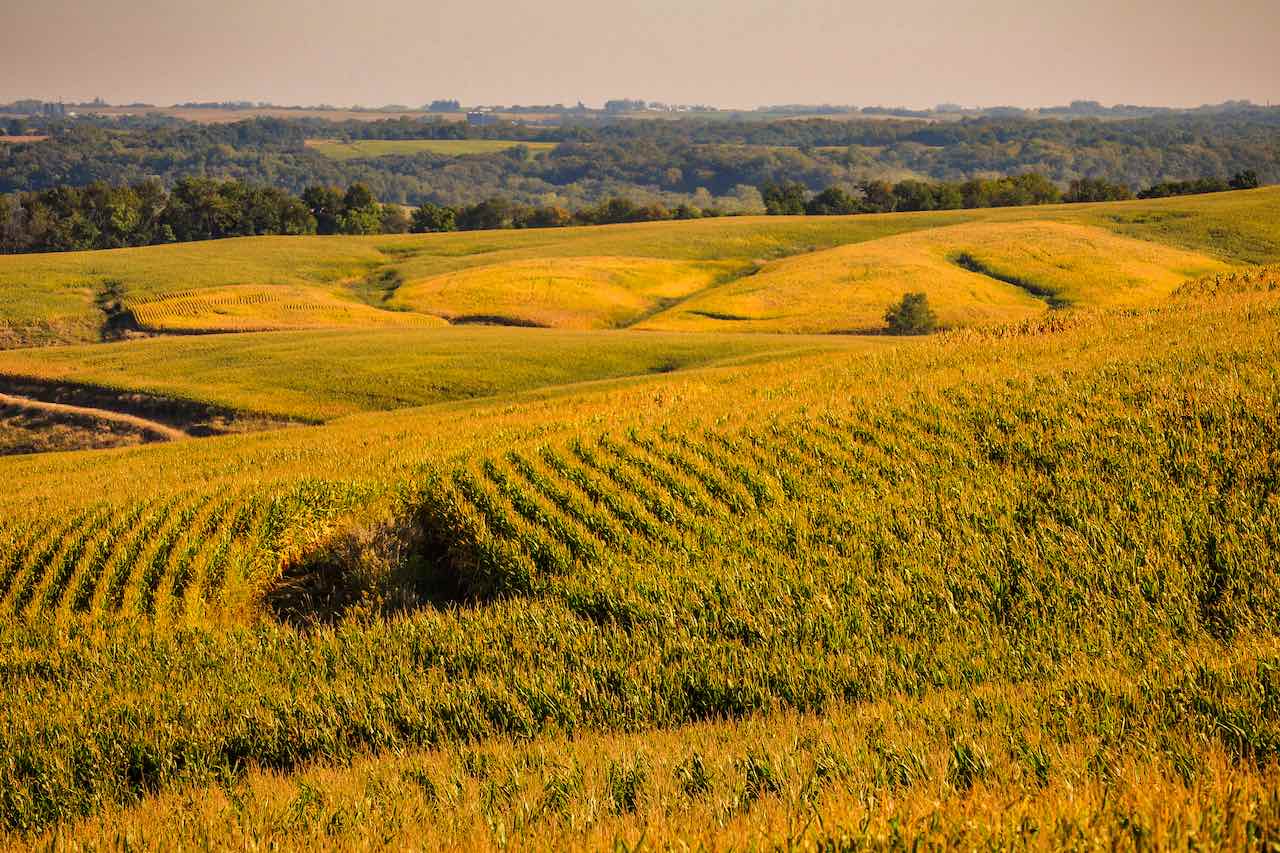
Costs and Living Conditions in Iowa
Affordability of Land in Iowa
One of the significant advantages of living off the grid in Iowa is the affordability of land. Compared to other states, land prices in Iowa are relatively low, offering individuals the opportunity to acquire larger plots for their off-grid living. Whether you choose to build a cabin, establish a farm, or create a sustainable homestead, Iowa’s affordable land prices can make your dreams more attainable.
Property Taxes in Iowa
While land may be cheaper in Iowa, it’s important to consider property taxes. Iowa’s property tax rates are higher than the national average. When budgeting for your off-grid living, make sure to factor in these taxes to ensure that you can maintain your property and cover other expenses without financial strain.
Road Access and Winter Challenges
Iowa benefits from well-maintained road networks, providing convenient access to amenities and services. However, it’s important to be prepared for winter conditions, as Iowa experiences cold temperatures and heavy snowfall. Ensuring that you have appropriate vehicles, tools, and equipment for snow removal will help you navigate and access your off-grid property during the winter months.
Cost of Living in Iowa: Comparison to National Average
Living off the grid often comes hand in hand with a desire for a lower cost of living. Luckily, Iowa can offer that. The overall cost of living in Iowa is approximately 17% cheaper than the national average. Housing and transportation expenses, in particular, tend to be more affordable in the state, making Iowa an attractive option for those seeking financial freedom and independence.
Low Unemployment Rate in Iowa
Another advantage of living in Iowa is the state’s low unemployment rate, which currently stands at around 2.6%. This low level of unemployment provides opportunities for individuals interested in pursuing entrepreneurship or establishing their small-scale businesses as part of their off-grid lifestyle.
Safety and Crime Rates in Iowa
Safety is a significant concern for those considering off-grid living. Fortunately, Iowa boasts a lower violent crime rate compared to the national average. The state’s tight-knit communities and rural areas often foster a sense of security and neighborly support, creating a safe environment for off-grid living.
Natural Disasters in Iowa
Tornadoes: A Threat in Iowa
Iowa is located in Tornado Alley, which means it is prone to tornadoes. These powerful storms can pose a threat to off-grid homes and structures. It’s crucial to be prepared and have a plan in place to ensure the safety of you and your loved ones. Building structures that can withstand high winds and having designated tornado shelters are essential considerations for off-grid living in Iowa.
Floods: Impact on Living off the Grid
Flooding is another natural disaster that can affect those living off the grid in Iowa. Heavy rainfall and melting snow can lead to flash floods, causing property damage and potential challenges for sustainability. When selecting a location for your off-grid living, be mindful of flood-prone areas and ensure that your property and infrastructure are designed to withstand flooding.
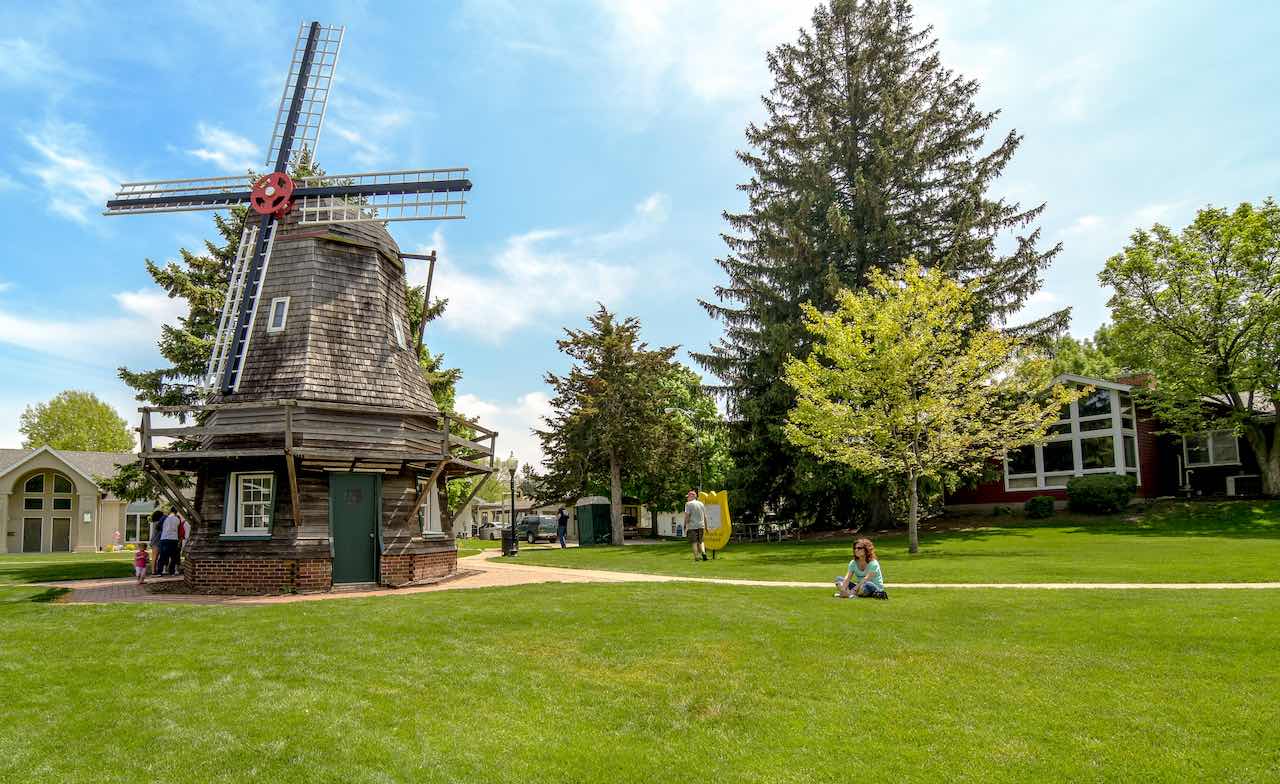
Benefits of Living off the Grid in Iowa
Legal Aspects: Off-Grid Living in Iowa
Living off the grid in Iowa is legal and encouraged. The state’s regulations generally permit individuals to embrace a self-sufficient and sustainable lifestyle. By understanding and complying with local regulations regarding sewer, zoning, and building codes, you can experience the benefits of off-grid living while ensuring legal compliance.
Low Cost of Living and Affordable Land
Iowa’s low cost of living, including affordable land prices, presents a significant advantage for those interested in off-grid living. With lower housing, transportation, and overall expenses, individuals can allocate their resources towards creating a self-sustaining lifestyle, investing in renewable energy systems, or furthering their agricultural endeavors.
Advantages of Iowa’s Agricultural Industry
Living off the grid in Iowa means being surrounded by a thriving agricultural industry. This proximity to an established agricultural network can provide opportunities for bartering, joining farmer’s markets, and supporting local food systems. Iowa’s rich agricultural heritage and resources can enhance your off-grid living experience and connect you with like-minded individuals.
Tax Incentives for Sustainable Energy
Iowa offers tax incentives for individuals or businesses interested in implementing sustainable energy systems, such as solar or wind power. These incentives can significantly reduce the cost of setting up and maintaining a renewable energy system for your off-grid property. Taking advantage of these programs can help make your off-grid lifestyle more environmentally friendly and economically viable.
Less Crime and Safer Living Conditions
Living off the grid in Iowa means embracing a simpler lifestyle and often being surrounded by communities that prioritize safety and well-being. Iowa’s lower crime rates, combined with the strong sense of community, create a safe living environment for individuals and families choosing off-grid living. This increased peace of mind allows you to focus on your self-sufficient and sustainable lifestyle without compromising safety.
In conclusion, Iowa offers a wealth of opportunities for those seeking to live off the grid. Its friendly communities, affordable land, and support for sustainable energy make it an attractive state for individuals seeking a simpler, more self-sufficient lifestyle. By understanding the legal considerations, cost of living, climate, and unique characteristics of Iowa, you can make informed decisions and embark on your off-grid living adventure in the heartland of America.

